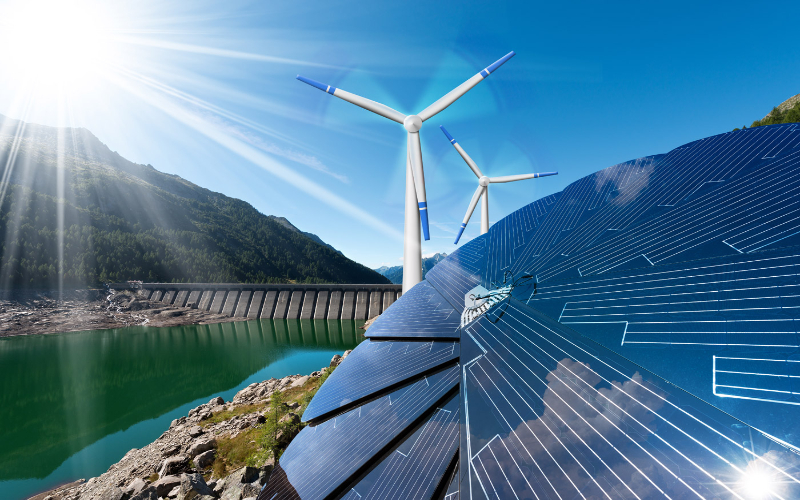11 Dec 2024

Tired Earth
By The Editorial Board

Since the Arctic will never be frozen again, and plastic pollution in the oceans is rampant, I can understand why you feel 2017 was a bad year to be a planet. But you'd be wrong. For every bad-news story, there are little rays of hope, people who stood up and fought or just, you know, recycled. All the small acts of kindness to animals and the environment added up to big changes. Here are some of the best things that 2017 had to offer.
This year saw Google go 100 per cent renewable on all it's operations globally using a combination of wind and solar energy, making it the biggest corporate buyer of renewable energy in the world. According to Google, they consume a whopping 2.6 gigawatts of energy, almost twice as much as Marty McFly needed to drive his DeLorean through history.
A group in the United States calling itself "America's Pledge" has elected to stick to their Paris Climate Accord commitments. The group consists of 20 states, 110 cities and more than 1,000 businesses and universities.
Oregon and Washington have committed to phase out coal by 2030. Madison, Wisconsin laid out its plans for 100 per cent renewable energy and net-zero carbon emissions. Abita Springs, Louisiana voted use only renewable energy by 2030.
Rock Port, Greensburg, Kodiak Island, Burlington and Aspen are five U.S. cities that run entirely on renewables. The entire state of Hawaii has committed to renewables by 2045.
China has traditionally produced almost double the carbon emissions of the U.S., but that is all about to change. Last year with China announcing a $361 Billion Renewable Energy Investment by 2020. The next seven months saw a drastic increase in solar installations with 35GW of power — more than twice as much as installed by any other country in 2016.
The sale of electric vehicles increased by 63 per cent in 2017. Researchers at the International Monetary Fund and Georgetown University predict that 90 per cent of all passenger vehicles could be electric by as early as 2040.
Many new conservation areas on land and sea were created to protect our at-risk environments. Chile announced a 740,000-square-kilometer marine reserve around Easter Island, and also created a 117,000 square kilometers reserve off Diego Ramírez Islands, and a 484,000 square kilometers protected area around the Juan Fernández Islands in the southern Pacific.
Some species believed to be extinct showed up in strange places this past year. A guard in the Cuchumatanes Mountain range in Guatemala chanced upon a Jackson's climbing salamander, the first sighting of this little critter in 40 years. A naturalist in India spotted a cobra lily, which hasn't been seen for nearly 80 years. The Táchira antpitta bird, not seen since the mid-1950s, made an appearance in a remote part of the Andes. The Vanzolini's bald-faced saki, a big black and gold monkey, was seen for the first time in 80 years.
Manatees and humpback whales have been removed from the endangered species list. Moves to protect habitats have meant that manatee populations increased 500 per cent in Florida from only 1,367 in 1991 to 6,300 with 13,000 manatees worldwide.
The ban on whaling (that's everyone except Japan of course) has seen the number of humpback whales increasing. When the ban on whaling was proposed in 1966, only about 1,400 humpbacks were left. Today there are around 21,000. In 2010, only 1 per cent of the world's oceans were protected compared to around 3.5 per cent today, which is better, but not nearly enough (still looking at you Japan!)
Source : www.huffingtonpost.ca
Comment